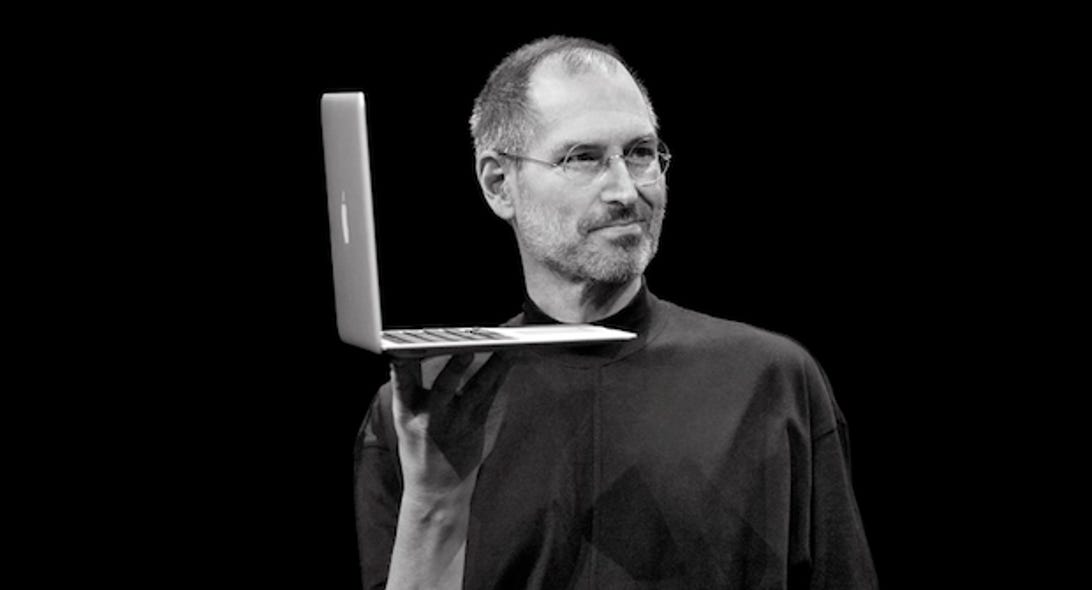22/07/2021 Steve Jobs' 1973 job application once again up for auction, in physical and NFT form
It was bound to happen at some point. An entrepreneur is putting the physical and digital versions up for sale at the same time to see which does better.

The job application from Steve Jobs has gone for hefty sums over the past few years.
AppleA London-based entrepreneur is hoping to set off a competition between the physical and digital worlds, putting a 1973 job application filled out by Steve Jobs up for auction. The form Jobs apparently filled out for an unspecified position at an unspecified company will be available to buy either as a purportedly authenticated physical good or in digital form, as a nonfungible token, or NFT.

An image of the Steve Jobs job application.
RR AuctionThe job application's gone up for auction several times before, selling in 2017 for $18,750, in 2018 for $174,757, and just this last March for a reported $222,400. The auction's organizer, Olly Joshi, is hoping to sweeten the pot by taking bids for the physical and a new NFT version side by side. Bidding starts July 21.
"The Steve Jobs hand-written 1973 job application auction aims to highlight the modern shift in perceived value -- the physical or the digital," he said in a statement. The auction will run for seven days, during which people seeking the physical version can bid through Joshi's website, which is being run off an auctioneering app called Snoofa. People hoping to snag the digital version can go to popular NFT marketplace Rarible.
Though the item has in the past been authenticated by collectibles experts at PSA DNA and Beckett, CNET was not able to corroborate the veracity of Joshi's auction.
The auction isn't just the latest example of the value of collectibles tied to Jobs. It's also a sign of further interest by some people in NFTs. These digital "ownership" certificates have become a sensation, in part thanks to jaw-dropping sums people have paid for them over the past few months. In one headline-grabbing moment, a digital art piece sold for $69 million. Other digital artists and musicians are making money off NFTs too.
What the Jobs job application will go for is unclear. But other memorabilia tied to the Apple co-founder has sold well in the past. People have bid tens of thousands of dollars for a magazine he signed, an old contract and even a bathrobe and electric razor. His leather jacket sold for $22,400 in 2016.
 (0)
(0)
 (0)
(0)
